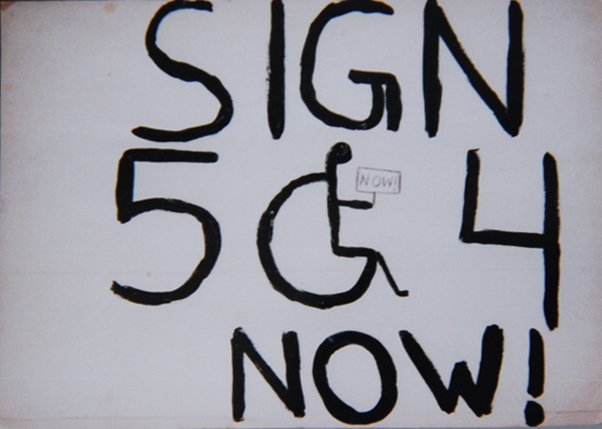How Donald Trump’s Second Term Has Impacted Medicaid and Other Disability Programs So Far: by Jason Hahr
.jpg)
Whether you love him or hate him, Donald Trump won a second term in the White House last year. There is no changing that. For the next three and a half years, barring an accident or his death, he will be the President of the United States and play a significant role in shaping policies that affect the Voiceless Minority. Members of The Voiceless Minority, like myself, have already seen President Trump make drastic cuts to Medicaid. For those readers who are unaware of the significance of Medicaid to people with disabilities, let me take a few minutes to educate you, the reader, on the program’s benefits. Medicaid provides assistance to people with disabilities and those who have a low income. The requirements to obtain/stay on Medicaid mean you are forced to remain at or below the poverty level. Before my readers who are Conservative comment something like, "No one is forced to be poor if you work hard, you can achieve anything. I must say that while this sentiment is a good ide...





